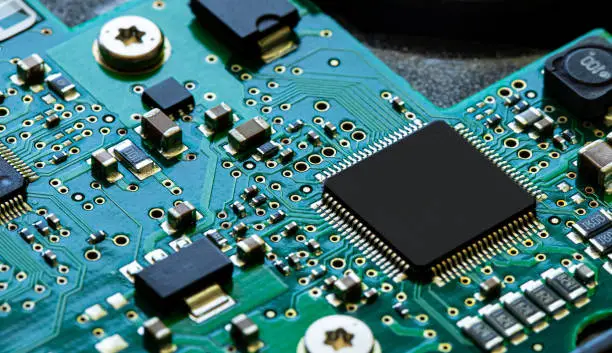OpenAI Turns to AMD Chips in Major AI Computing Expansion

OpenAI is shaking up the AI hardware landscape with a new partnership centered on AMD chips. The company revealed plans to acquire six gigawatts of computing power from data centers that will operate exclusively on AMD processors, marking a significant move away from its previous reliance on Nvidia, the leading AI chipmaker.
Nvidia has dominated the AI chip market, driving its market value to around $4.6 trillion. However, OpenAI, the developer behind ChatGPT and the recently launched Sora 2 video generator, is now betting on a multi-supplier strategy to meet the surging demand for AI compute power.
OpenAI CEO Sam Altman emphasized that the AMD deal is complementary to its ongoing $100 billion partnership with Nvidia, which is expected to deliver chips starting in 2026. The AMD collaboration will gradually provide OpenAI with 1 gigawatt of capacity by next year, expanding to an additional 5 gigawatts through future iterations of AMD’s Instinct high-performance processors.
Financial and Strategic Impact
The announcement had an immediate effect on the stock market, with AMD shares jumping 36% in premarket trading, while Nvidia shares dipped about 2%. OpenAI has also invested heavily in AMD’s operations, securing warrants for 160 million AMD shares valued at over $26 billion based on recent closing prices. These shares will vest as OpenAI and AMD achieve specific milestones, including technological breakthroughs and share-price targets.
Wedbush Securities analyst Dan Ives noted that the partnership places AMD and its CEO Lisa Su at the center of AI infrastructure development, signaling strong confidence from OpenAI in AMD’s capabilities. Both companies expect the deal to generate tens of billions in revenue, although exact figures were not disclosed.
“This is a pivotal step in scaling AI infrastructure to meet growing computational demands,” Altman said. Su called the agreement a “win-win” for both firms, highlighting AMD’s expertise in high-performance computing.
The Broader AI Hardware Race
OpenAI has been actively diversifying its chip supply for some time. In addition to the AMD deal, the company recently agreed to a $300 billion arrangement with Oracle for 4.5 gigawatts of data center space and a $10 billion chip design collaboration with Broadcom. These moves aim to ensure sufficient capacity for training advanced AI models while reducing dependency on any single supplier.
Market analysts see OpenAI’s strategy as a logical expansion. “AMD is a major player in AI computing, making this a smart diversification move,” said Ben Barringer, a global technology analyst.
The AI boom has driven massive valuations for the world’s top tech firms. Nvidia leads the pack, followed by Microsoft, Apple, Google, Amazon, and Meta — all companies heavily investing in AI technologies. Broadcom and Tesla, with AI-focused initiatives such as autonomous driving and robotics, round out the list of tech giants leveraging AI to boost market value.
Despite the optimism, some Wall Street analysts caution that the AI market may be overheating. Rapid investment and skyrocketing valuations are prompting concerns that hype, rather than fundamentals, is fueling much of the growth. Still, OpenAI’s AMD partnership underscores the high stakes and intense competition in the AI hardware arena as companies race to secure the infrastructure necessary for the next generation of artificial intelligence.









